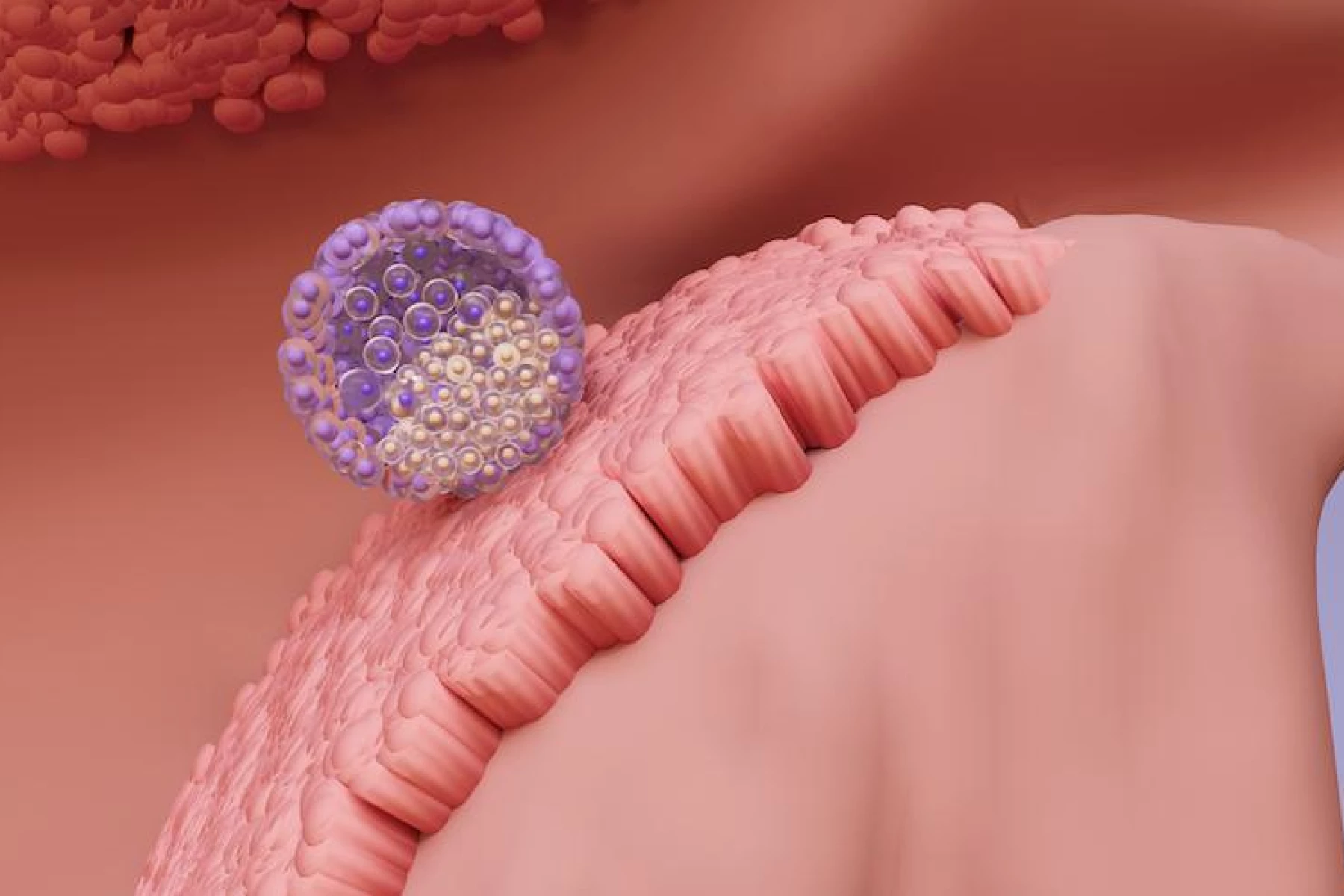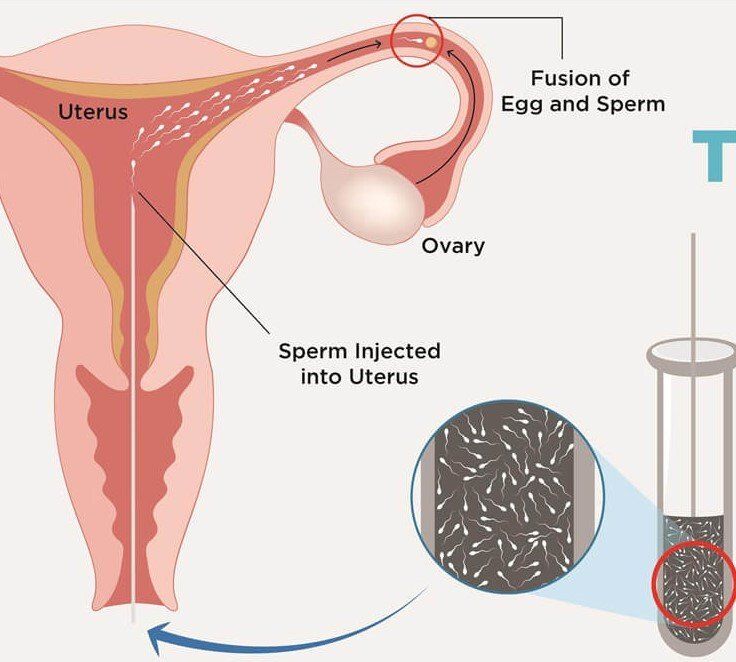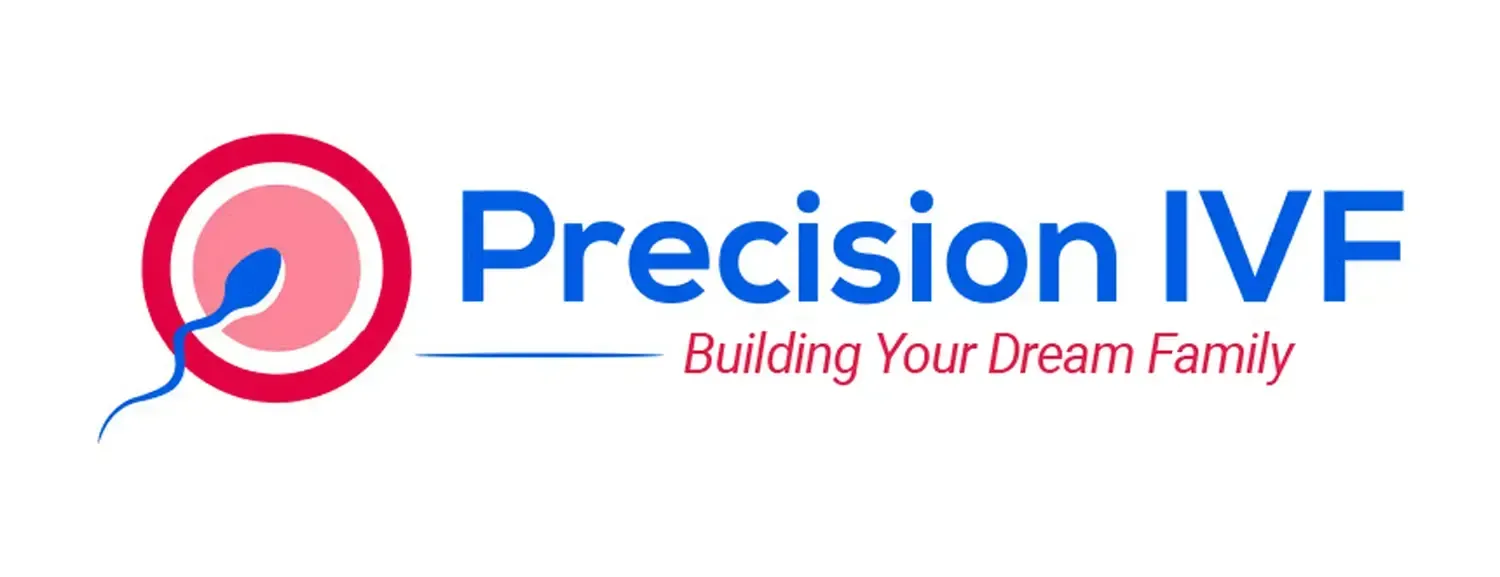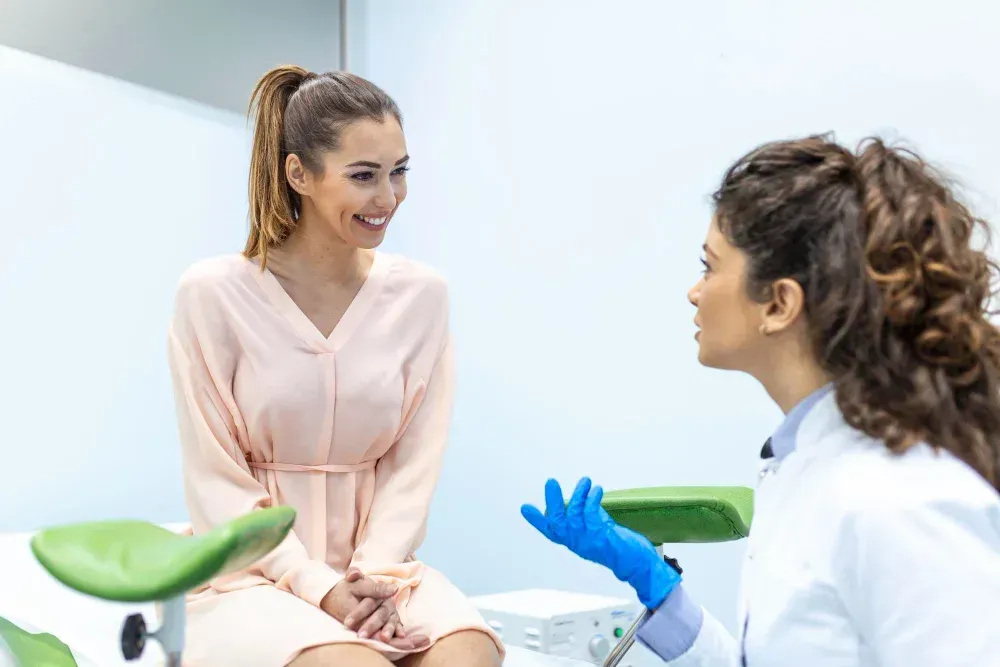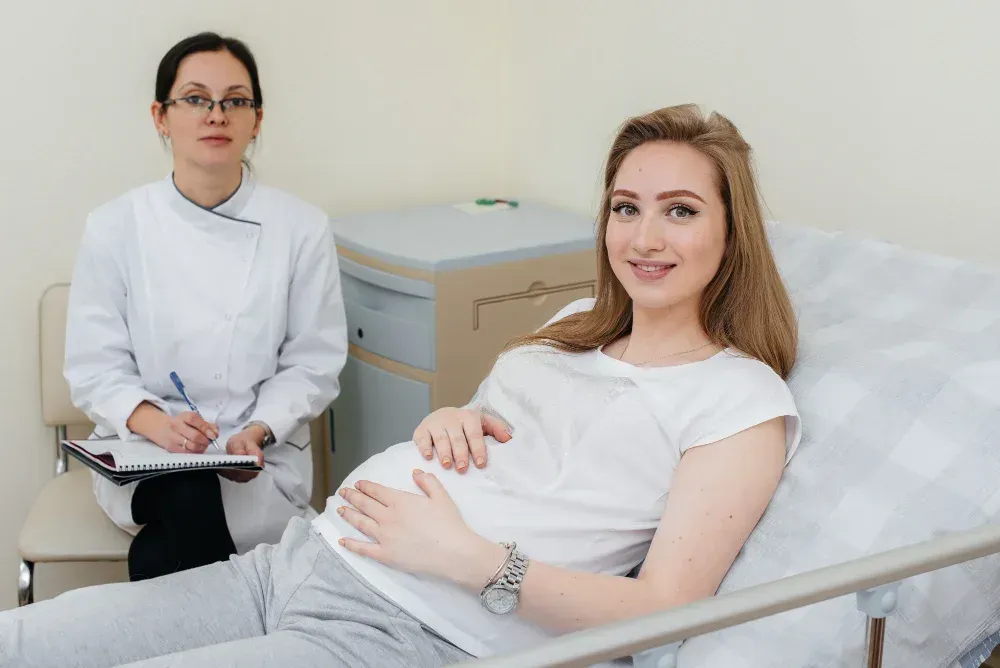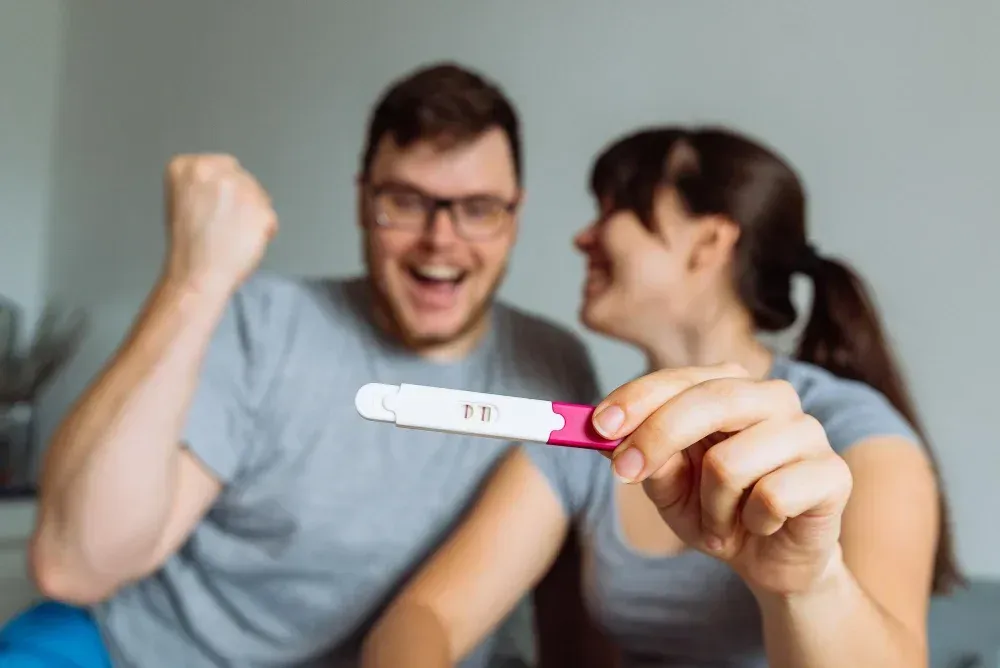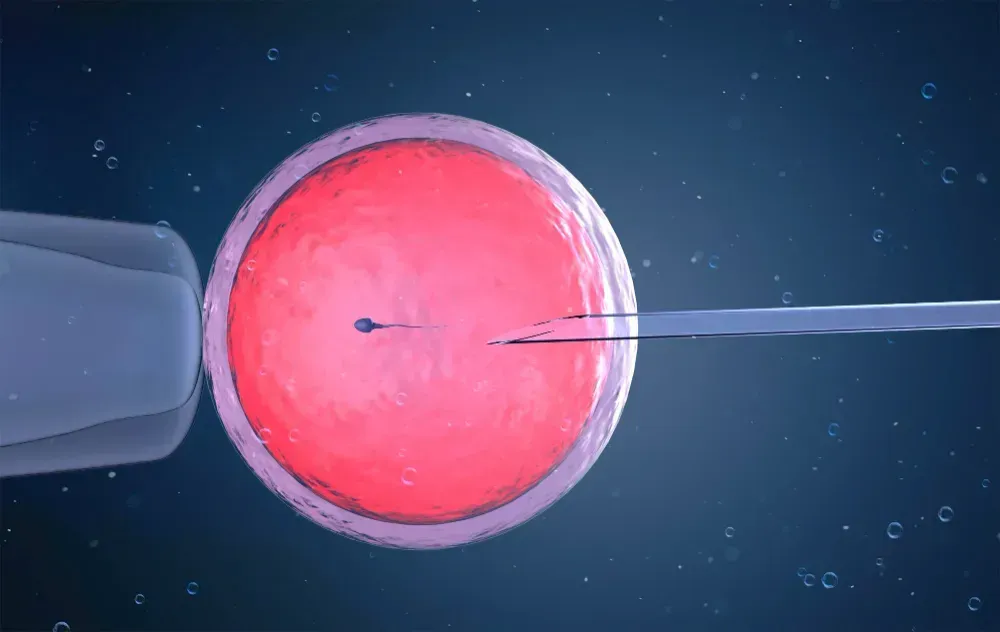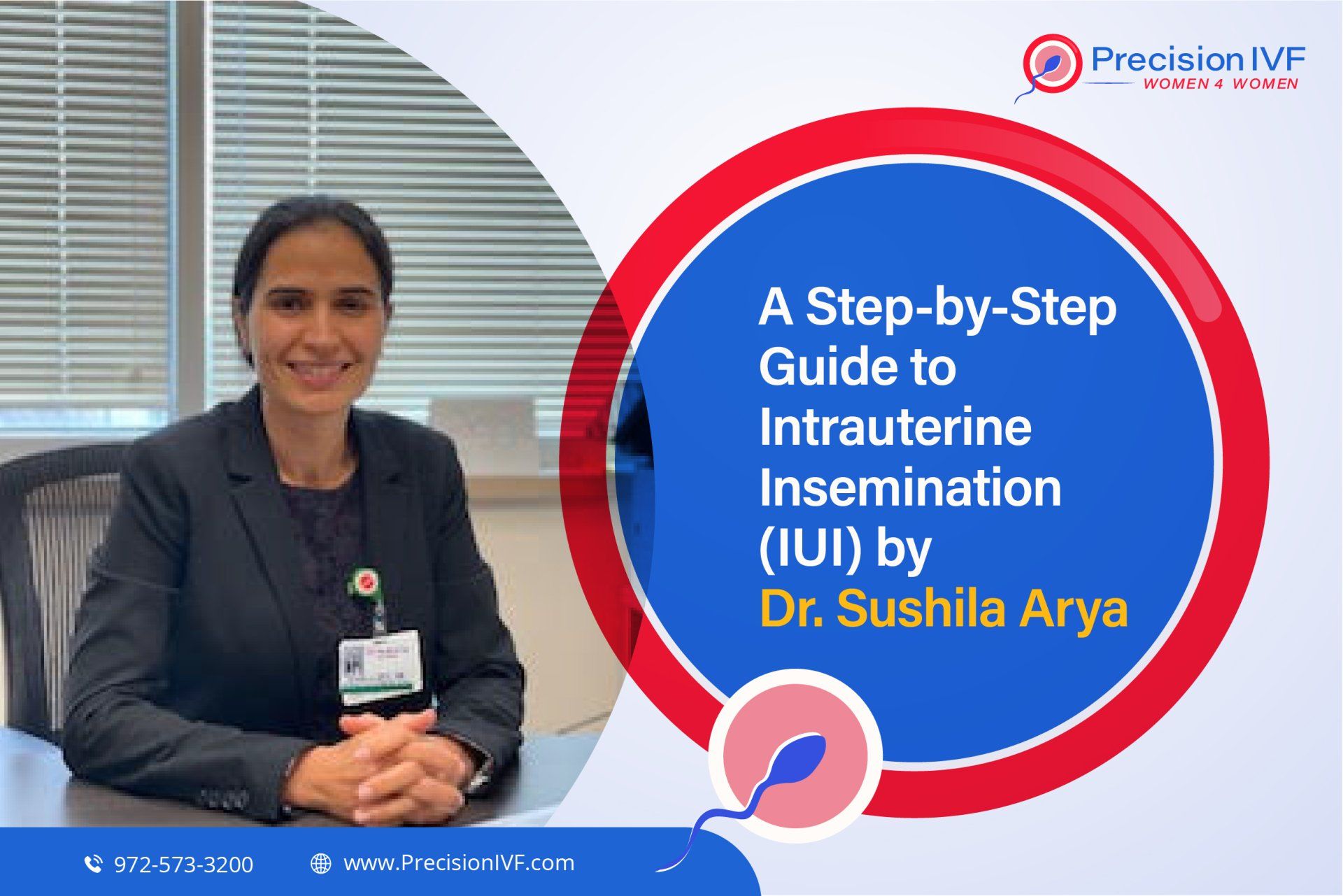What to Expect on Your First Visit With Your Fertility Specialist
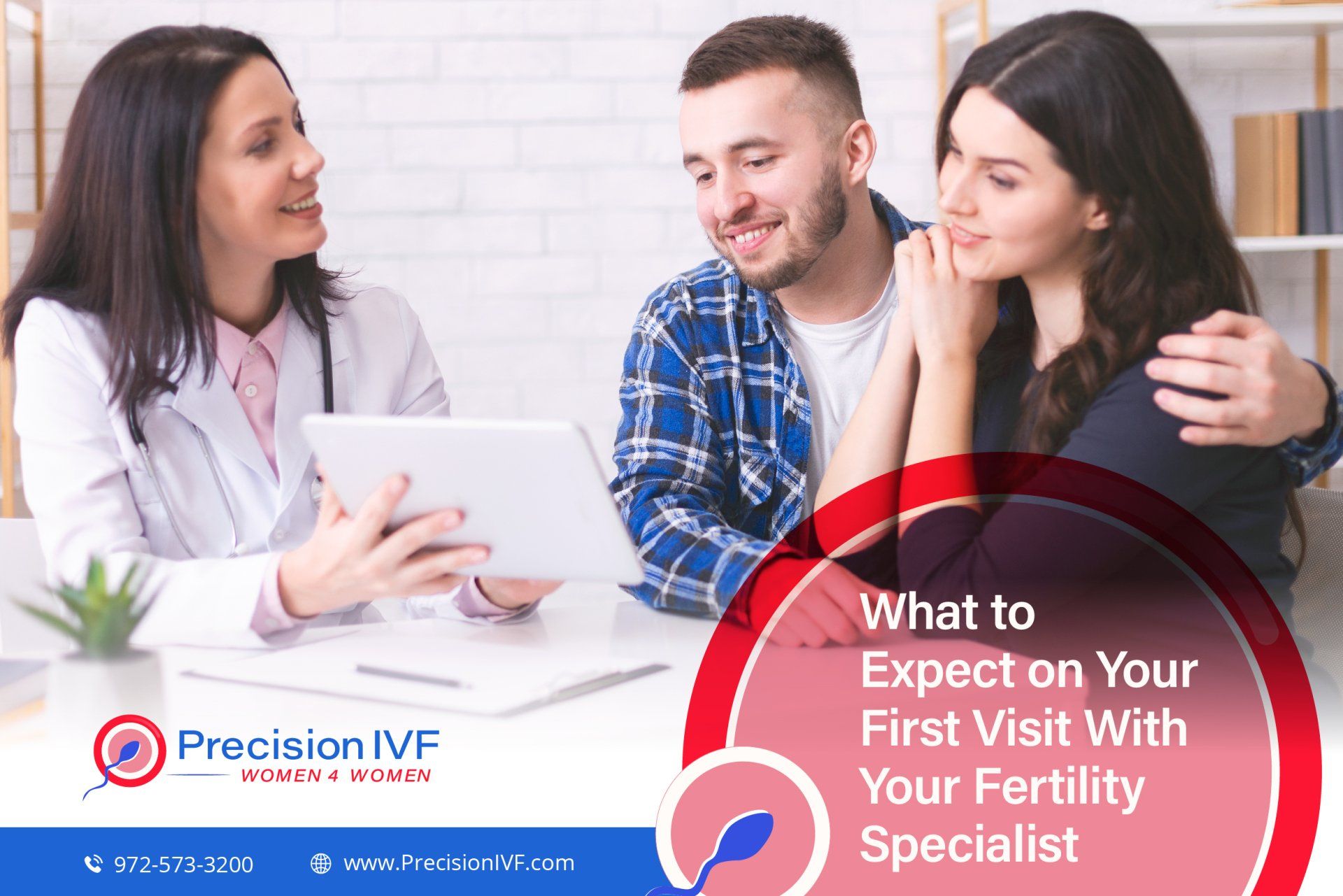
I know you may feel anxious about what to expect, will it work or not.
Believe me. Many people have been in your position. But I want to acknowledge your openness and courage in seeking help and guidance towards achieving your dream of parenthood. These proactive steps by consulting an expert about your fertility health are the 1st best step you are taking.
Who should see a fertility specialist?
- Women under 35 years who are actively trying to conceive, in a heterosexual relation, not using any type of birth control or barrier protection for 12 months without success
- For women who are 35 or older, this period of trying to conceive is six months because of an age-related decline in fertility and a higher rate of miscarriage.
- For same-sex couples and single individuals wanting to build a family, find a fertility specialist who can help make your dream come true. At Precision IVF, we are proud to help ALL build the family of their dreams.
- Families with serious genetic disorders, where pregenetic testing of embryos can help in selecting and decreasing your risk of having an affected child (e.g., Cystic fibrosis)
At your initial appointment, I will discuss your (and your partner if applicable) thorough medical history, surgical history, family health and genetic history, and any previous testing or treatments if you had. Then I will be performing the necessary physical examination (weight, height, blood pressure, etc.). We will also discuss appropriate tests to evaluate the root cause of your infertility. Pieces of the puzzle that need to be right to achieve pregnancy are:
- Ovulation: Are you ovulating regularly. Ovulation requires the growth of a follicle and communication between your brain, pituitary gland, and ovaries. Once the follicle is mature in size, your pituitary gland (a gland in your brain) talks to your ovaries and releases the LH hormone. The spike of LH hormone triggers series of events in your ovary/follicle and helps in the final maturation and release of the oocyte (egg) from the follicle. Off note, only a mature egg will be fertilized by sperm. Ovulation occurs somewhere between 28 to 36 hours after the LH peak. How do we test ovulation?
- Blood progesterone level at the appropriate time in your cycle. If your menstrual cycles are regular, you most likely have regular ovulation? When necessary, we can confirm your ovulation by testing your progesterone about a week before your period.
- Ovulation predictor kits (OPKs) are another way to test ovulation. It works by detecting the LH (luteinizing hormone) levels in your urine. LH ovulation kits may not be accurate all the time and for everyone. We will discuss the appropriate use of OPKs if needed.
- If you have been charting your ovulation using OPKs or other menstrual tracking apps, please bring those with you. It may help plan or defer testing for ovulation in your case.
- Anatomy of uterus and ovaries: We prefer transvaginal ultrasound whenever feasible to assess your uterus and ovaries. I will examine the lining of your uterus, any evidence of fibroids or adenomyosis. In addition, I will assess your ovarian reserve with ultrasound and check for possible ovarian cysts or other concerning findings.
- We will assess if you will need a hysterosalpingogram (HSG). HSG is a specialized X-ray test that I use to evaluate the patency of fallopian tubes.
- Semen analysis (SA) is done to assess for male infertility. SA is done by taking an ejaculated semen sample and evaluating it in the laboratory. In SA, we assess the following parameters: semen volume, sperm motility, concentration, and morphology.
- I acknowledge you or your partner may possibly feel awkward and anxious with SA. I want to assure you that overall, this is a straightforward process, and it is a vital part of infertility assessment. I recommend SA must be done as a part of the initial evaluation.
- After applicable infertility evaluation, I will educate and guide you on the testing results ideal fertility treatment plan for you, tailed to your condition. I will discuss all the details of your treatment, including but not limited to alternative options, the chance of conception with each treatment cycle, the cost involved with that, possible side effects, duration of treatment, next and backup options when needed.
- In about 30% of all couples facing infertility, we don’t find a definite reason why you are unable to conceive. This lends you to a diagnosis of unexplained infertility. I feel you and completely understand your frustration here. The diagnosis of unexplained infertility will not deter us. We will work together to achieve your goal towards parenthood.
- I try to minimize the number of your clinic visits and start treatment as soon as we have all the necessary information available.
- Insurance coverage: I request you to check your insurance coverage before visiting the clinic. We will help you with that when needed before or on the day of your visit. Also, we will try checking the verification of your benefits and discuss it with you. We will transparently discuss the financial information (your insurance coverage, service fee, package price, etc.) to help you make the right decision.
- At Precision IVF, our goal is to provide a comprehensive service at a much lower cost than other centers in the town because I understand infertility is a painful silent struggle, and I want to help as much as possible. We avoid any unnecessary testing; however, we are through not to miss any important diagnosis. We strive to provide a comprehensive, compassionate, evidence-based fertility treatment aligned with your story and goals. Remember, you are not alone in this journey. You will find me at your text/call away in your journey to parenthood, always available to address your questions, concerns and guide you!
- Sushila Arya, MD MD FACOG
